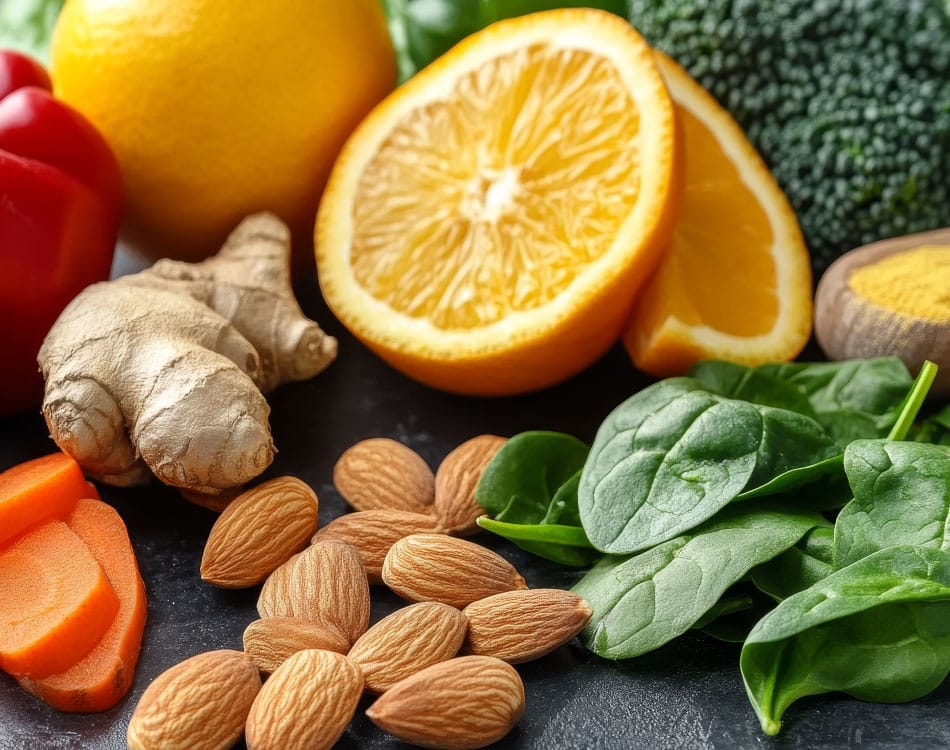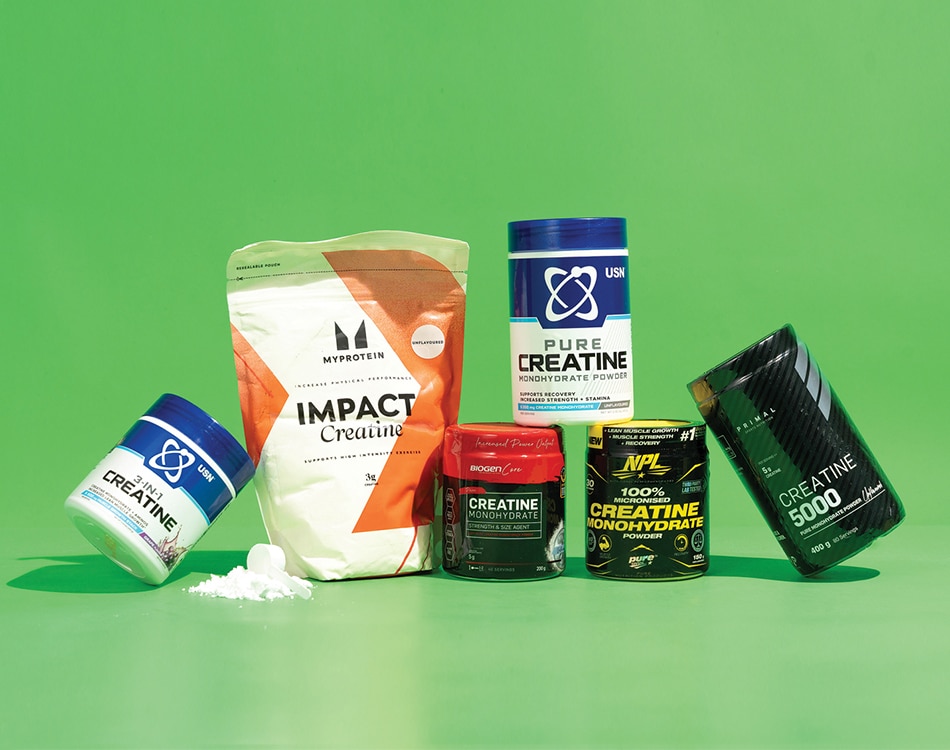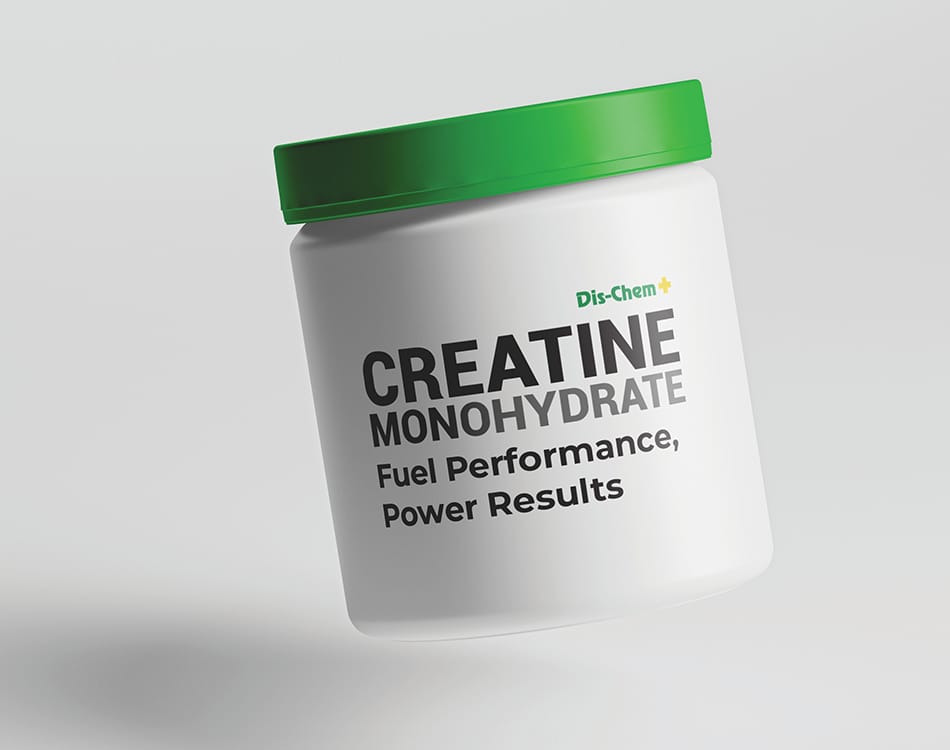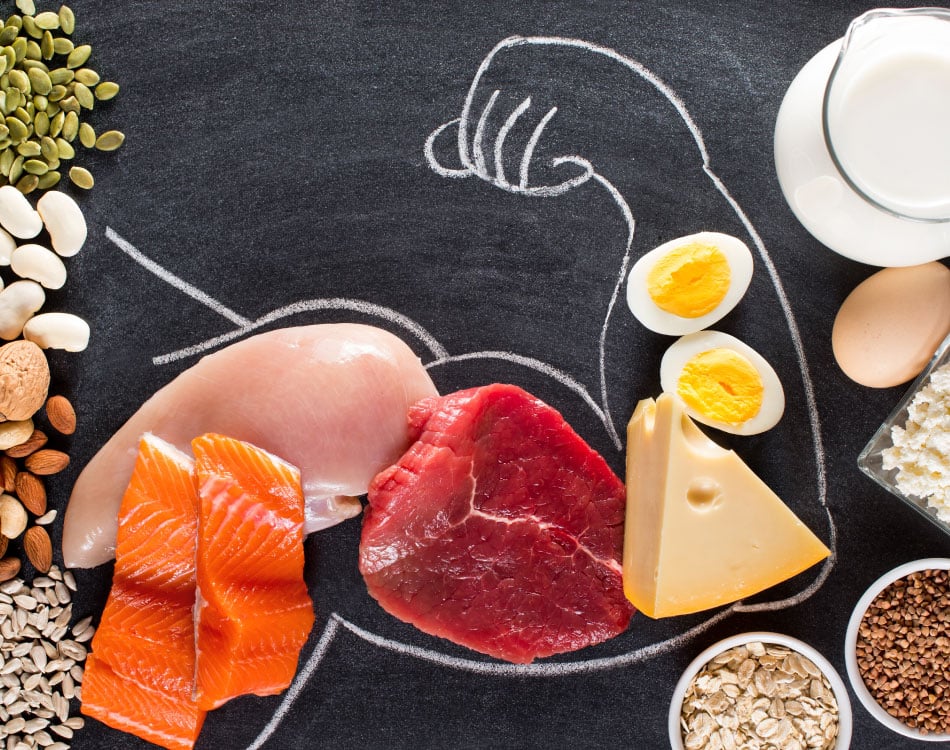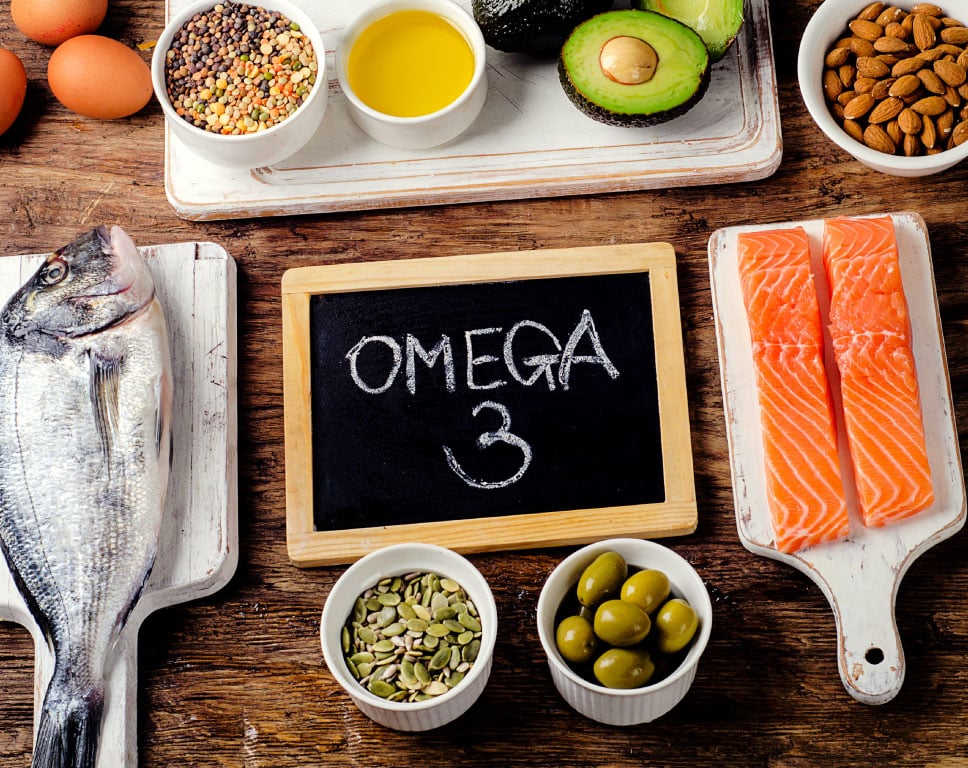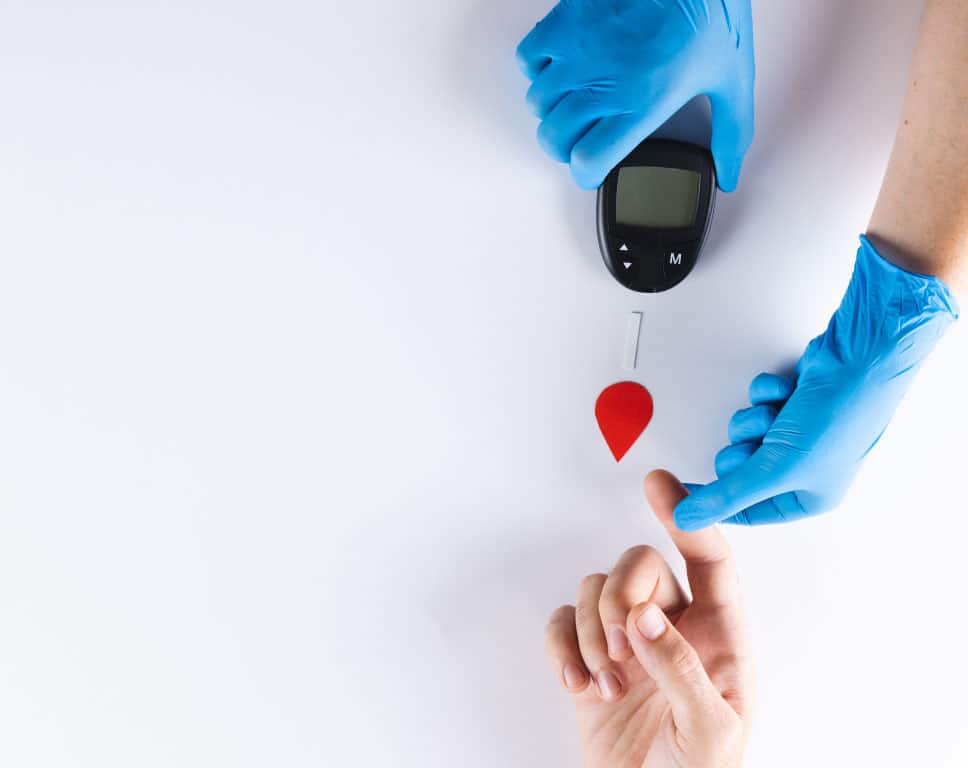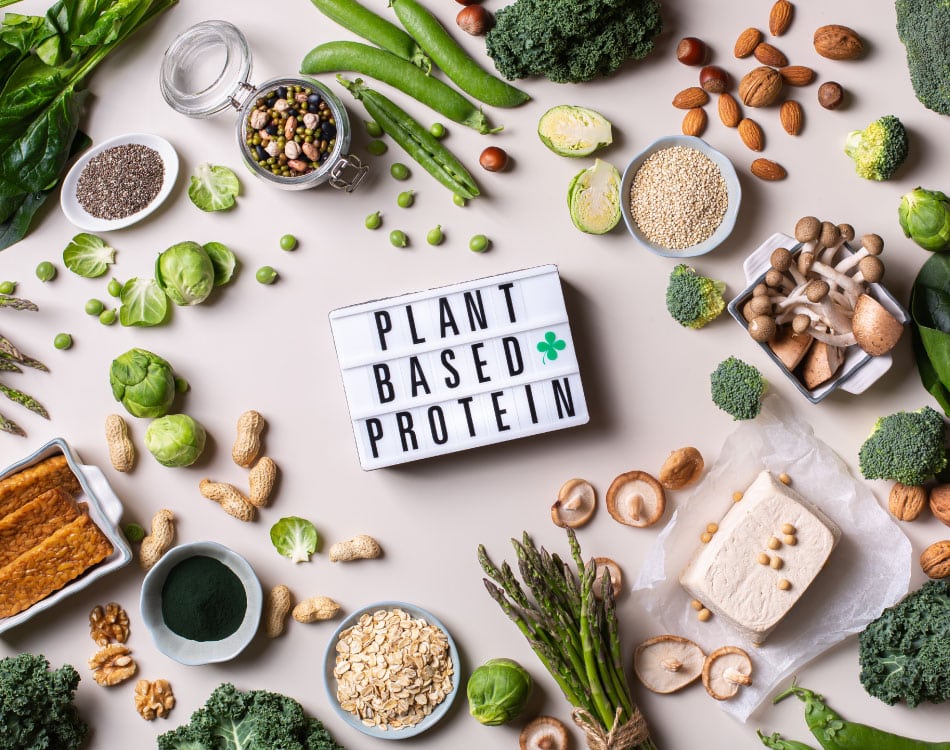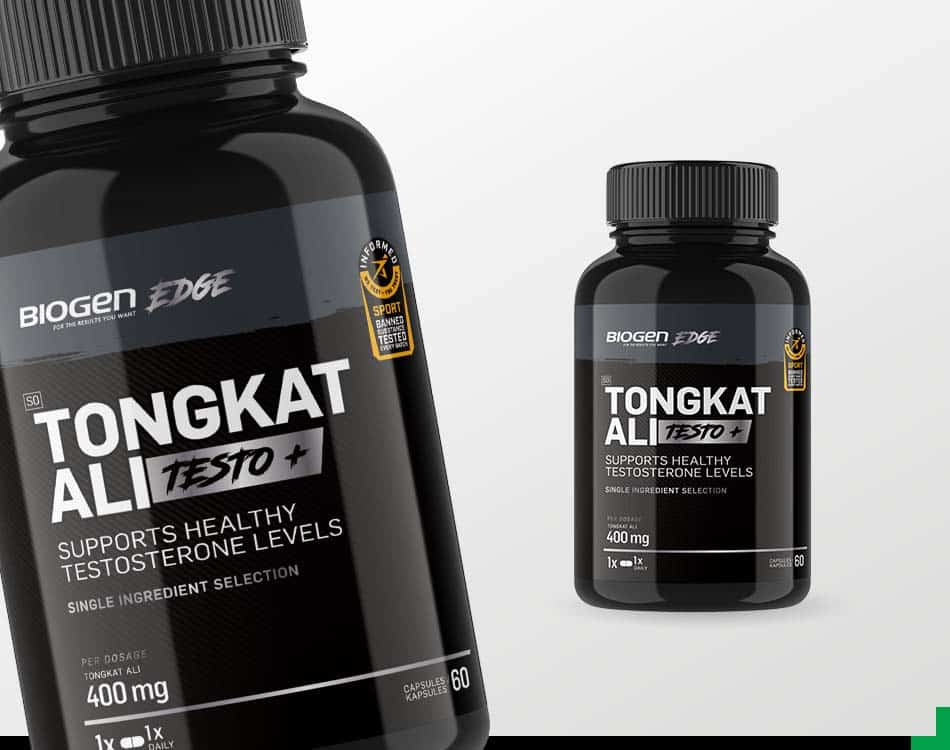When it comes to building a competent immune system that can keep you healthy through winter, nutrition is the foundation needed to resist and control infections.
Your immune system relies on numerous vitamins and minerals to function properly as they have important roles as immunomodulators.
The resultant immunocompetence alters your body’s immune response by supporting different activities, such as immune cell production or barrier function.
It is important to get these micronutrients through a diet that consists predominantly of natural foods, with supplements offering a convenient and effective approach to address any deficiencies in the vitamins and minerals our immune system needs.
Addressing nutrient deficiencies through dietary changes or supplements can enhance resistance to infection and recovery with better immune function1.
Mighty micronutrients
Studies1 have identified specific micronutrients we need to achieve and maintain this immunocompetence. These include:
Vitamin A: Crucial for maintaining the integrity of mucous membranes, which act as a barrier against pathogens. It also supports the development and function of immune cells like T and B cells.
B vitamins: Produce cells involved in the immune response. Vitamins B6 and B12 are involved in numerous internal biochemical reactions related to optimal immune function. Vitamin B2 (riboflavin) helps produce antibodies and is essential for energy production and antioxidant activity. Vitamin B5 (pantothenic acid) is converted into coenzyme A, which is essential for many cellular processes, including the production of antibodies and inflammatory cytokines. Studies2 also suggest that vitamin B5 may play a role in stimulating the activity of immune cells like macrophages and might contribute to maintaining the health of mucous membranes, which act as a physical barrier against viruses and bacteria entering the body. Vitamin B3 (nicotinamide) helps to activate the innate immune system, potentially increasing its effectiveness against pathogens while supporting white blood cell (phagocyte) activity to help destroy bacteria and other harmful particles.
Vitamin C: Immune cells require vitamin C to protect them from free radical damage. Certain immune cells also require vitamin C to function optimally. As such, this vitamin is highly concentrated in immune cells and is consumed quickly during an infection. However, the body cannot synthesise vitamin C, which means we need to get enough from food and supplements. Studies3 show that vitamin C can also reduce the severity and duration of colds.
Vitamin D: Functions as an immune system modulator4 to regulate its response and various functions. Specifically, vitamin D reduces levels of inflammatory proteins called cytokines and helps to increase levels of antimicrobial proteins such as B lymphocytes and killer T cells that destroy invading germs and viruses. Vitamin D supplements can help to compensate for a lack of exposure to sunlight during winter as we cover up or spend more time indoors.
Vitamin E: Boosts immune cell production, including the B-cells that produce antibodies to fight bacteria5. Vitamin E also acts as an antioxidant, protecting immune cell membranes from damage by free radicals, and produces proteins and other key mediators in the immune response.
Selenium: An important trace element that supports antioxidant defence and modulates immune responses6. It is also involved in immune cell production7.
Beta-carotene: Supports immune cell activity in the body, with research7 showing that beta-carotene supplementation can increase base levels of T-lymphocytes and immune system natural killer cells.
Coenzyme Q10 (CoQ10): Supports immunity by acting as a powerful antioxidant, protecting cells and immune system components from damage caused by free radicals, and playing a crucial role in energy production within immune cells8.
Iron: Essential for the production of red blood cells, which carry oxygen throughout the body, and regulating immune cell function, particularly in the gut9.
Choline: Regulates the inflammatory response of immune cells through its antioxidant action10.
Carnitine: Research11 shows that taking high doses of L-carnitine stimulates immune system function and improves neutrophil and macrophage function.
Zinc: Zinc functions as a co-factor for important enzymatic reactions involved in the antioxidant defence system, making it essential for a healthy immune response. Studies12 link zinc deficiency with a decline in lymphocyte function, which compromises immunity.
Support your immunity
You can find many of these vitamins and minerals as a single source product or combined in immunity complexes that blend these research-backed micronutrients to support immune system health and function.
These products include:
- Biogen Immuno Boost Effervescent with Extra Strength Vitamin C
- Dis-Chem Gold Immune Support
- FoodGrown Immune Complex
- Lifestyle Health Immune Complex
- NPL Immune Pro+
- USN Vita C 1000 Super Immune
Shop a wide range at your local Dis-Chem for a convenient and effective way to meet your nutritional demands during the winter cold and flu season.
References:
- Mitra S, Paul S, Roy S, Sutradhar H, Bin Emran T, Nainu F, Khandaker MU, Almalki M, Wilairatana P, Mubarak MS. Exploring the Immune-Boosting Functions of Vitamins and Minerals as Nutritional Food Bioactive Compounds: A Comprehensive Review. Molecules. 2022 Jan 16;27(2):555. doi: 10.3390/molecules27020555. PMID: 35056870; PMCID: PMC8779769.
- He W, Hu S, Du X, Wen Q, Zhong XP, Zhou X, Zhou C, Xiong W, Gao Y, Zhang S, Wang R, Yang J, Ma L. Vitamin B5 Reduces Bacterial Growth via Regulating Innate Immunity and Adaptive Immunity in Mice Infected with Mycobacterium tuberculosis. Front Immunol. 2018 Feb 26;9:365. doi: 10.3389/fimmu.2018.00365. PMID: 29535733; PMCID: PMC5834509.
- Vitamin C in the Prevention and Treatment of the Common Cold. Am J Lifestyle Med. 2016 May-Jun; 10(3): 181–183. Published online 2016 Feb 9. doi: 10.1177/1559827616629092.
- Vitamin D and the Immune System. J Investig Med. 2011 Aug; 59(6): 881–886. doi: 10.231/JIM.0b013e31821b8755.
- Regulatory role of vitamin E in the immune system and inflammation. IUBMB Life. 2019 Apr; 71(4): 487–494. Published online 2018 Nov 30. doi: 10.1002/iub.1976.
- Huang Z, Rose AH, Hoffmann PR. The role of selenium in inflammation and immunity: from molecular mechanisms to therapeutic opportunities. Antioxid Redox Signal. 2012 Apr 1;16(7):705-43. doi: 10.1089/ars.2011.4145. Epub 2012 Jan 9. PMID: 21955027; PMCID: PMC3277928.
- Steven M Wood, Carla Beckham, Ayako Yosioka, Hamid Darban, Ronald R Watson, β-Carotene and selenium supplementation enhances immune response in aged humans, Integrative Medicine, Volume 2, Issues 2–3, 2000, Pages 85-92, ISSN 1096-2190, https://doi.org/10.1016/S1096-2190(00)00009-3.
- Mantle D, Heaton RA, Hargreaves IP. Coenzyme Q10 and Immune Function: An Overview. Antioxidants (Basel). 2021 May 11;10(5):759. doi: 10.3390/antiox10050759. PMID: 34064686; PMCID: PMC8150987.
- Cherayil BJ. Iron and immunity: immunological consequences of iron deficiency and overload. Arch Immunol Ther Exp (Warsz). 2010 Dec;58(6):407-15. doi: 10.1007/s00005-010-0095-9. Epub 2010 Sep 28. PMID: 20878249; PMCID: PMC3173740.
- Mehta AK, Singh BP, Arora N, Gaur SN. Choline attenuates immune inflammation and suppresses oxidative stress in patients with asthma. Immunobiology. 2010 Jul;215(7):527-34. doi: 10.1016/j.imbio.2009.09.004. Epub 2009 Nov 7. PMID: 19897276.
- Talebi SS, Ghasemi M, Etminani-Esfahani M, Mohammadi Y, Haddadi R. Effects of L-carnitine supplementation in patients with mild-to-moderate COVID-19 disease: a pilot study. Pharmacol Rep. 2022 Dec;74(6):1296-1305. doi: 10.1007/s43440-022-00402-y. Epub 2022 Aug 23. PMID: 35997951; PMCID: PMC9395946.
- Shankar AH, Prasad AS. Zinc and immune function: the biological basis of altered resistance to infection. Am J Clin Nutr. 1998 Aug;68(2 Suppl):447S-463S. doi: 10.1093/ajcn/68.2.447S. PMID: 9701160.

